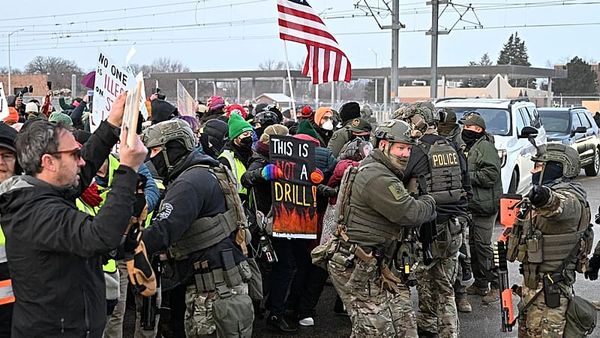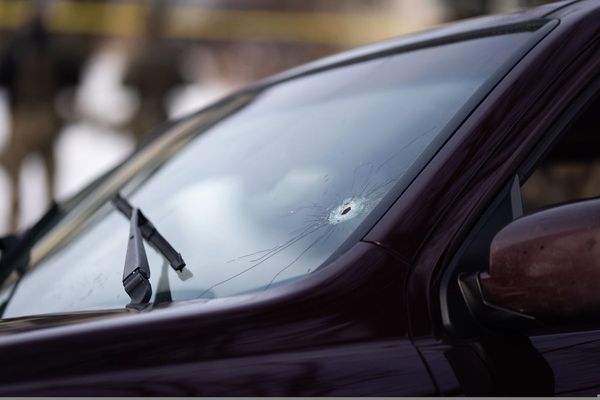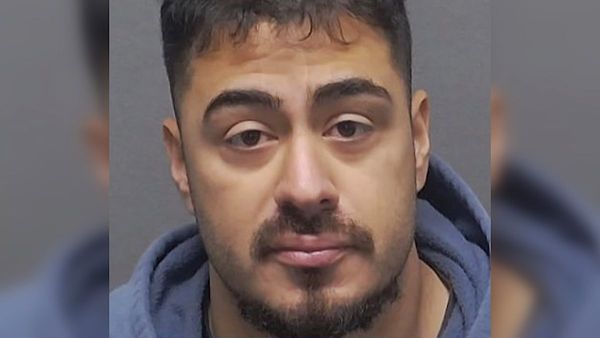
A two-day NATO summit in the Hague next summer means there will be "no capacity available for motorcycle police to supervise cycling races" for a period of eight months in the Netherlands, plunging the 2025 Dutch professional bike racing calendar into doubt.
The Dutch Cycling Union (KNWU) announced the news on Wednesday, with men's and women's WorldTour one-day Classic Amstel Gold Race the biggest event at risk. Nine races above a .1 level are scheduled during the affected January 1 to August 31 period, with the WWT Simac Ladies Tour safe in its October slot.
NATO's 32 members will meet at the World Forum in The Hague on June 24 and 25, requiring a large number of police escorts. The KNWU states that the Dutch cycling season is set to be so adversely affected due to "limited availability of (specialist) motorcycle police officers".
The news comes after several years of being under pressure to organise races in the Netherlands but the KNWU are determined to ensure the calendar goes ahead. It is hoping to advance and use a system of "civilian motorcycle traffic controllers" who can make up for the reduction of motorcycle police officers at cycling races.
"It is bitter and disappointing to have to conclude that the two-day NATO summit results in an absence of motorcycle officers at cycling races for a period of no less than eight months, which is almost the entire cycling season," said Maurice Leeser, Director of the KNWU.
"The KNWU will do everything in its power together with the organizers to ensure that the planned cycling races in 2025 will go ahead.
"In this respect, it is crucial to make progress in the accelerated deployment of civilian motorcycle traffic controllers. We hereby make an urgent appeal to the ministries to make the necessary resources available as soon as possible."
Amstel Gold Race organisers were surprised by the announcement and are now hoping to find an alternative to ensure the Netherlands' biggest bike race goes ahead.
“We had already heard rumours in recent weeks that it would be difficult to get a police escort for cycling races after April in 2025 due to the organization of the NATO summit in the Netherlands. The fact that this now applies from January 1, 2025, is completely new to us. We are being caught off guard by this,” said race director Leo van Vliet to WielerFlits.
With the tightening of security and reduction in police, the possible solution of running the race on a circuit near Valkenburg, as was the case in the COVID-19-affected 2021 edition, has been posed. But that too has its issues.
"It is not that easy to have the race take place on circuits because according to the UCI regulations we also need police assistance for this," Van Vliet said.
"We are now going to investigate all possibilities to continue the Amstel Gold Race on the original course. The Amstel Gold Race is the largest sporting event in the Netherlands with a lot of exposure abroad. I think that many, also at a high level, find it important that the Amstel Gold Race takes place."
Joost van Oostrum, chairman of the VOW, an organisation that represents the interests of the cycling organisers in the Netherlands, doesn't believe the use of circuits alleviates the problem and that it takes the "soul" out of bike racing.
He hopes for a similar use of civilian motorcycle traffic controllers at races to make up for the deficit caused by the NATO summit.
"What I find difficult is that they simply say: we are not coming, without offering an alternative," Van Oostrum told Dutch newspaper Algemeen Dadblad.
"The signal that the cycling union has received is: no effort in 2025, and maybe not after that either. 'Prepare for circuits.' Well, if that happens, the whole soul will disappear from cycling.
"The charm of cycling is that you really ride on roads, and not ten times the same lap. You only get real insight into the race when you have to take into account changing road surfaces and weather conditions. You only learn that in a city-to-city race."







